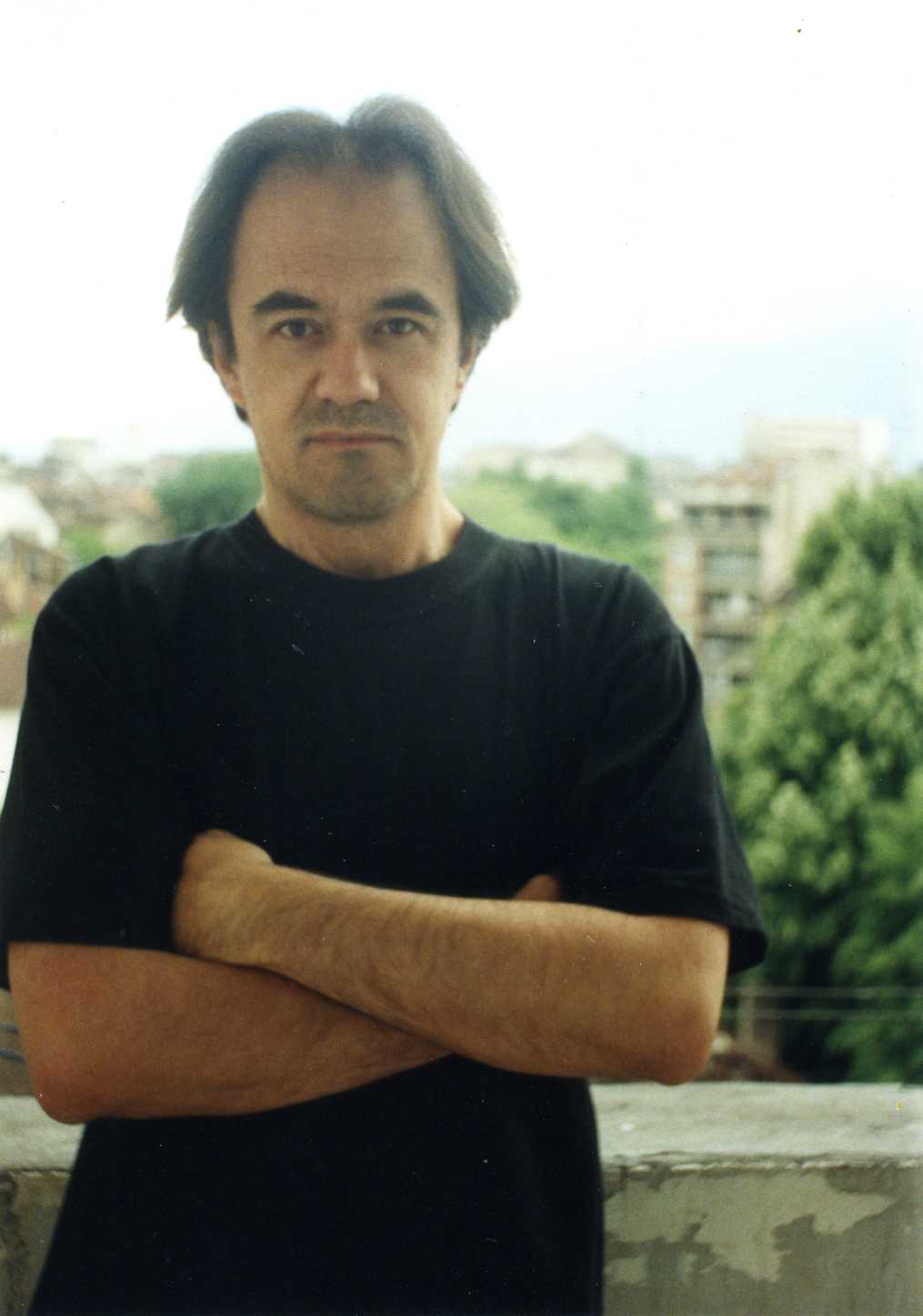INTRODUCTORY WORDS
-
ABSTRACT
Основа на този брой на „Studia Litteraria Serdicensia“ съставляват студии и статии от последните два съвместни научни форума, организирани от секцията по теория на литературата на Института за литература – БАН и катедрата по теория на литературата в СУ „Св. Климент Охридски“. Става въпрос за Националната научна конференция „Автотекстуалност и цитат“ (2025) и Националната научна конференция „Паралитературни жанрове и литературност“ (2023), които представляват своеобразно продължение на една инициатива, отбелязала своето начало 13 години по-рано със събитието „Невидимата школа. Изплъзващият се предмет на литературознанието“ (2012). Оттогава двете звена – секцията и катедрата по теория на литературата – създават периодични събития, които целят да срещат изследователи в диалог върху проблемите на историята на българската литературна теория и нарастващото интердисциплинарно значение на литературоведските търсения. Примери за някои съвместни конференции от този тип са: „Просветителство срещу идеологема (Цветан Стоянов, Атанас Натев, Димитър Аврамов)“, състояла се през 2013 г., „Наследството на лингвистиката на българската теория“ през 2014 г., „Парачовешкото: Грация и гравитация. Двудневен форум в чест на проф. Миглена Николчина“ от 2015 г., както и форумите „Повторение, обновление – практики на римейка“ (2020) и „Кино, канон, готика: Двудневен форум в чест на доц. Огнян Ковачев“ (2021).
С представените материали в този том се надяваме да изразим признателността си към научната дейност на Радосвет Коларов, дългогодишен член на секцията по теория на литературата в ИЛ – БАН, и да провокираме интереса на академичната общност към темата за паралитературните жанрове и тяхното нарастващо значение за съвременното литературознание.
С третия дял отдаваме почит към двойния юбилей на Гео Милев (1895–1925), една от най-силните фигури в модернизацията на българската култура, но и – жертва на идеологическа свръхинтерпретация, затормозяваща и до днес рецепцията на творчеството му.
SUBJECT


